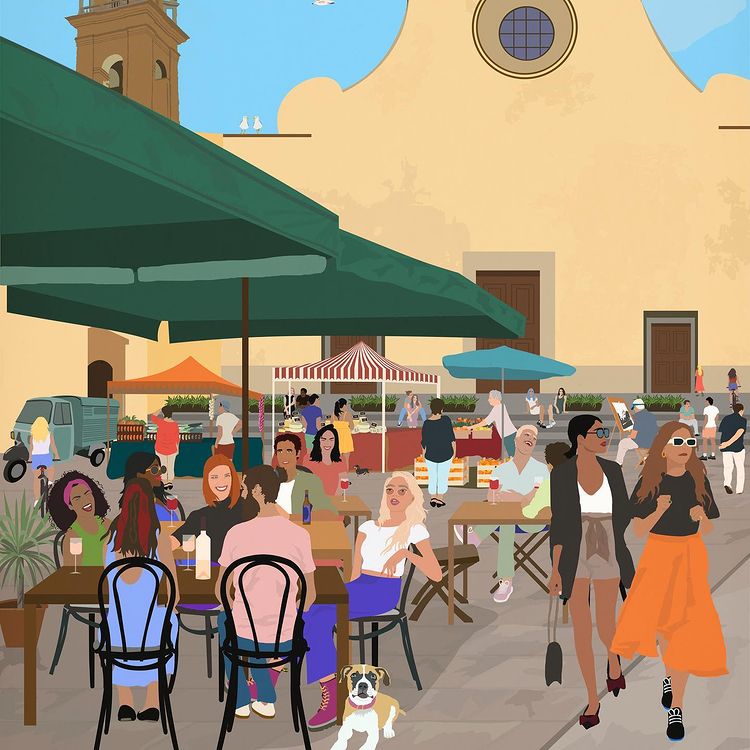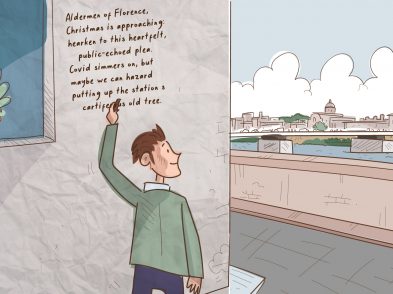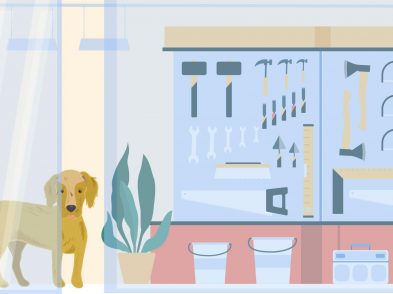As I write this, Tuscany is two days in the bianco, that is, as a white zone. There’s good news for the boys in bianco too, as England have just trudged into the knockout stages of the Euros. The Italian team are surging, though more than half of them rather disgraced themselves by refusing to take a knee before their match against the Welsh, who all did.
Bianco and nero may describe the two poles of current identity politics, but in every other area of life, things are much less certain. I am trying to find a way back to Britain to escape the Florentine summer furnace, but today received news of my third flight cancellation in two weeks. When/if I eventually get back, will I have to quarantine for ten days and spend 130 euro on tests, despite being fully vaccinated? As things stand, yes I shall.
Still, at least I could go outside now (00:12) if I wanted to, and take the cooler—I won’t say cool—midnight air. Last week, I could not have done that after 11pm; last month, not after 10. Rejoice, for the coprifuoco has been repealed! Or quietly shelved, for which I suspect the government has long been seeking an excuse.
The word coprifuoco, or curfew, according to my dictionary, originated in the days of yore, when the ringing of a bell signalled that it was time for everyone to choke their fires before turning in for the night. There’s sense in it, as medieval dwellings were usually made of wood: stray sparks in one house could have conflagrated a whole town. The rationale, therefore, is the common good; and we can probably all agree that the Italian government acted throughout the pandemic with the same motives.

This illustrated bamboo print by Sax Doodles is available as a limited edition (only 150 copies available – 70 euro) from www.saxdoodle.com.
We might query the point of it, though. Franco Locatelli, chief advisor to the Ministry of Health, argued back in April that the 10pm curfew was “keeping a lid on social contact in the evening, which has been linked with a specific risk profile”. Necessity is the mother of invention, and we invented all sorts of excuses for being caught after hours. Emptying the bins was an early favourite, but sooner or later we realized that this wouldn’t wash. So my housemate’s friend, a fairly frequent dinner guest, decided that he would carry nothing—no bags, no wine bottles—and, should he be pulled up, would claim that he had been suffering a panic attack. He lives all of 500 metres away.
The pandemic has taught us that people are more likely to follow rules if they follow the reasoning behind them, and more likely to reject them if they do not. Residents in the Florence municipality will remember the couple of weeks in March when alcohol could not be sold after 4pm on Friday, Saturday and Sunday. The Comune di Firenze quietly ditched this policy after the public outcry—and besides, it had probably just led to bootlegging from Scandicci.
It was a total nonsense, that short-lived prohibition, but as a means of preventing assembramenti it was more defensible than ordering people to stay indoors. If a government wants individuals to keep their distance, it can by all means close the bars and restaurants, and offer them due compensation. It can call a halt to “non-essential work”, as it did back in March 2020; it can shut cinemas and theatres, and forbid travel between regions, towns and other homes. What it cannot justifiably do, in my opinion, is order people to stay indoors on pain of fines and prison sentences. All day or from 10pm to 5am, it makes no ethical difference. We need fresh air and exercise. The most unfortunate in society often have no home to stay inside and no money to pay any fines. And one can enjoy all the basic amenities, yet share a house with a horrible person.
In Florence and Tuscany, exercise was never officially banned, though the police presence was clearly intended to make believe that it was. But for a period, one could not leave the house at all in Milan, which is where Tim Parks penned the postscript to his new book The Hero’s Way: Walking with Garibaldi from Rome to Ravenna. “The passeggiata is punishable with fines of up to €1000,” he wrote in the throes of the first wave. Of course, Covid caught us fumbling in the dark: most governments took the sledgehammer approach. Now they are quietly trying to lift the sledgehammer back out, without drawing attention to the crater.
So, the coprifuoco is gone, public mask-wearing has just ceased to be obligatory, but I would caution against celebration. The appropriate response is more like “Well, good.” Italy has shown tremendous unity in the face of the crisis, but we must not slide into diffidence, for some things remain inexplicable. Two weeks ago, I saw a woman shooed off the steps to the church of Sant’Ambrogio. She was socially distancing far better than the patrons of the piazza’s bars.
White, yellow, orange, red: let’s hope we don’t hear much more about regional alert levels. I’d rather just worry about green and red: the colour my tomatoes are, and the colour I hope they will turn.








